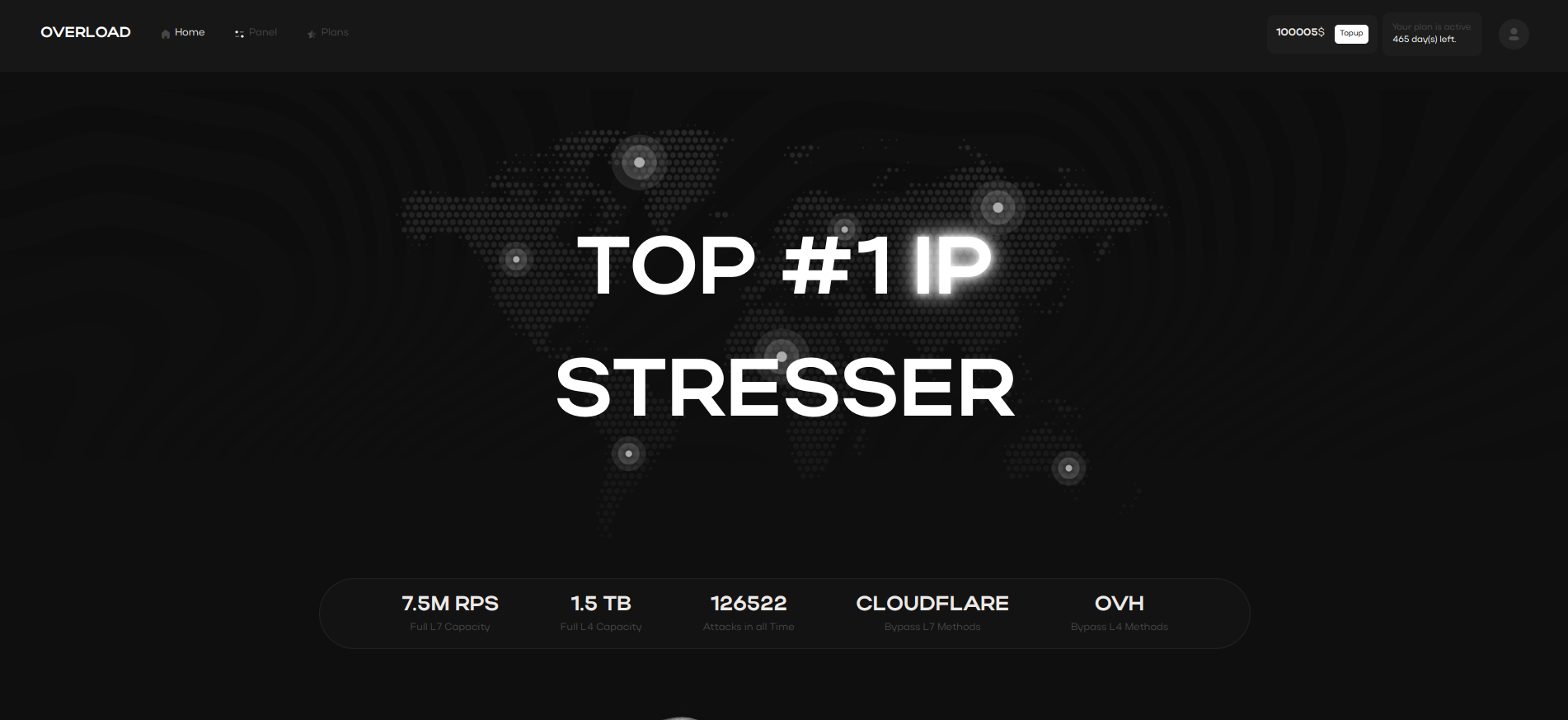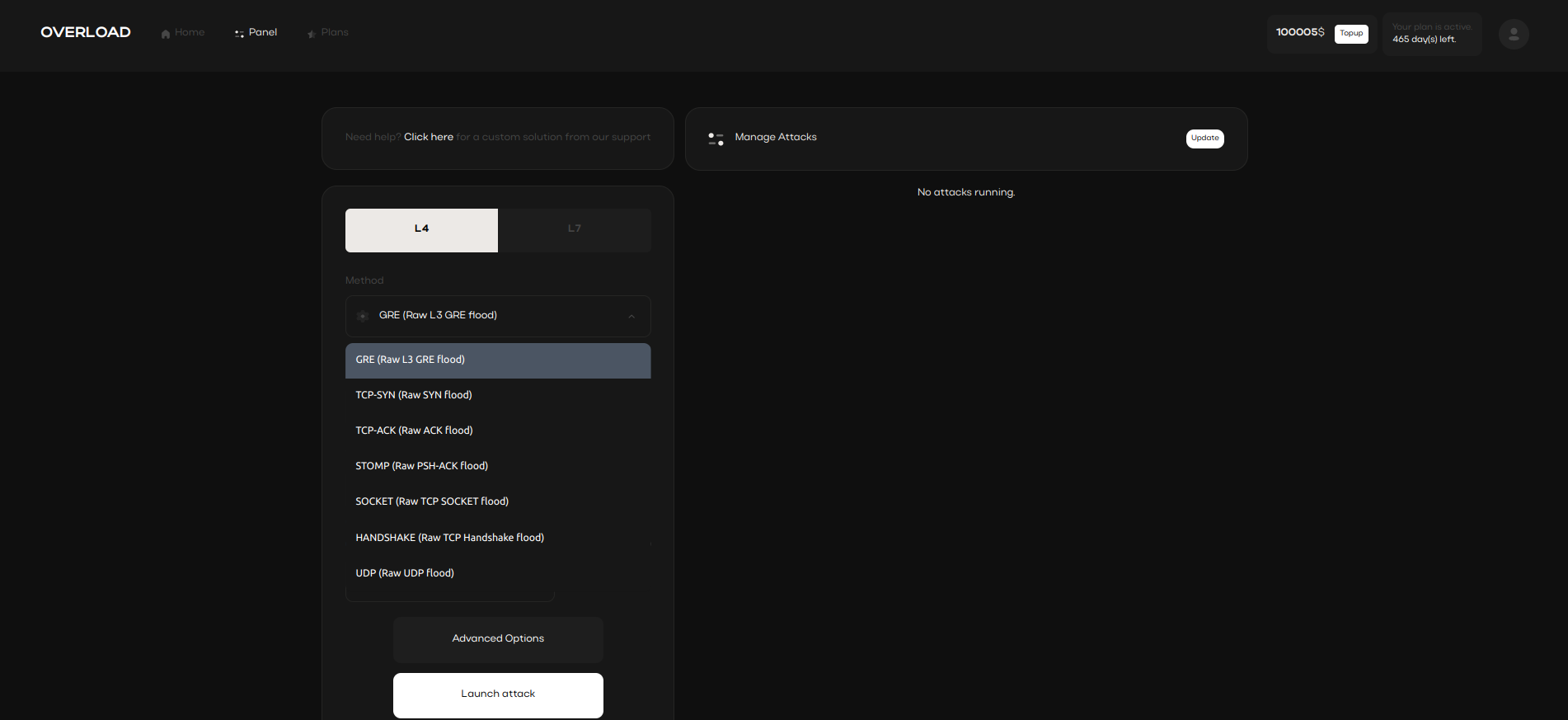Understanding Stressers and DDoS-for-hire Services
Discover the role of stressers in modern network resilience testing.
Understanding Stresser Services

Online services designed to test the resilience of servers under
load called Stresser. They are specifically used to simulate Distributed Denial of Service attacks to check the protection of websites and servers. However,
some users exploit stressers to launch unauthorized Distributed Denial of Service attacks on sites
and applications, which is considered unlawful.
The ip stressers market involves renting out such services, allowing users
to initiate attacks on selected targets. This type of service often attracts attention due to its controversial nature,
and it is essential to understand all legal aspects and potential risks.
IP Spoofing and Layer 4 Attacks

Transport layer (L4) attack methods, commonly utilized in IP stressers, selected specific network protocols to overwhelm servers.
One popular technique is identity masking, where the attacker’s real IP address is hidden, making it difficult to trace.
These L4 methods and identity masking tactics are frequently applied to bypass basic network security protections
and effectively simulate high traffic loads on a selected server.
Exploring Booter Services

In addition to stressers, there are also booters
which serve a similar purpose. Booters are often used to simulate high traffic loads and identify exposure in systems.
These network overload services allow for a exclusive understanding of server durability. However,
misuse of booter services can lead to permitted issues due to unauthorized network attacks.

